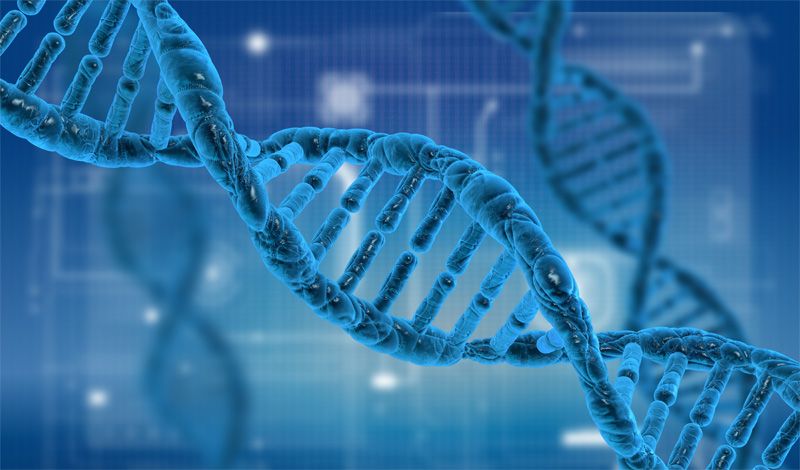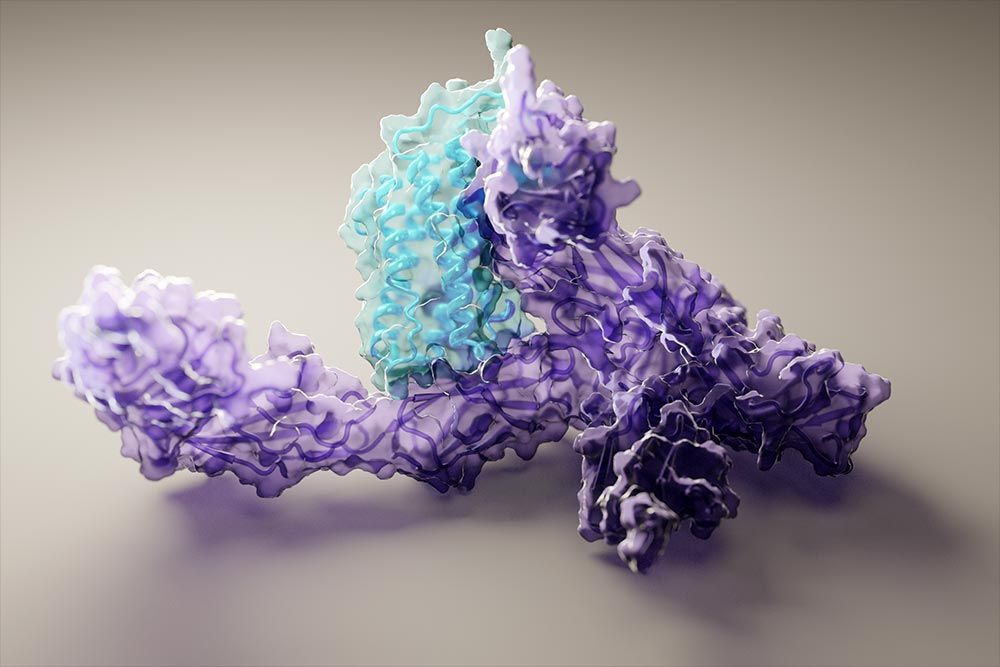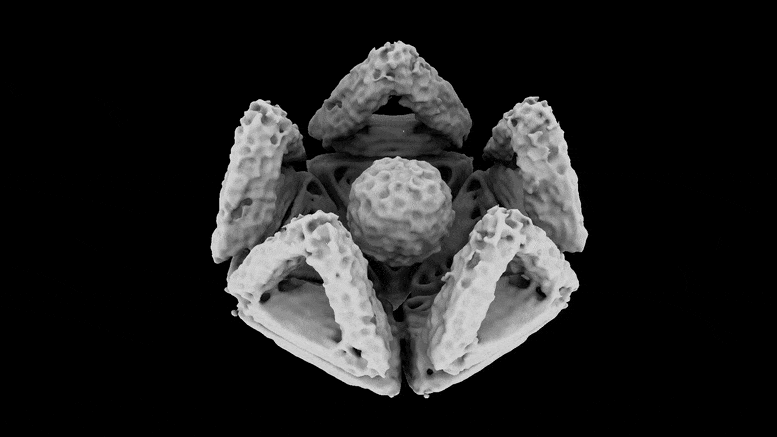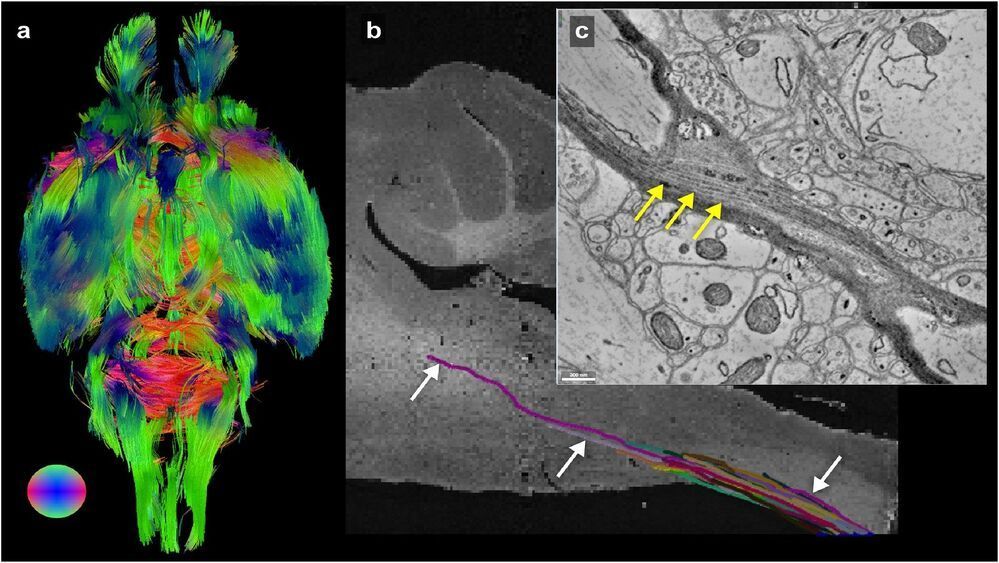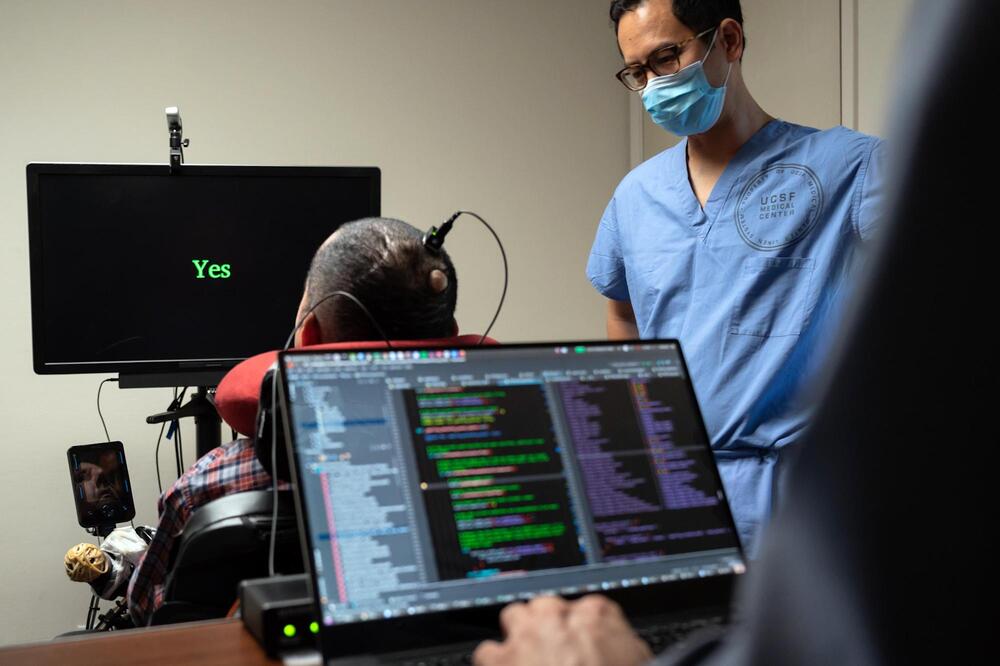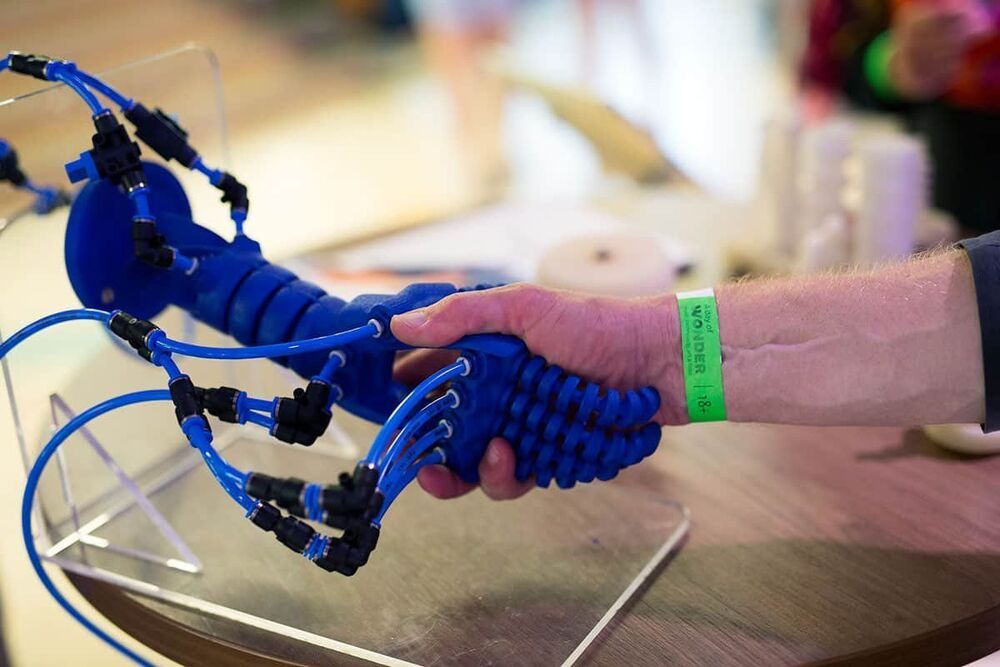Nick Saraev is 25 years old, far too young, it would seem, to be thinking about death. And yet, since he turned 21, he has taken steps to prevent the infirmities of old age. Every day, he takes 2000 mg of fish oil and 4000 IU of vitamin D to help prevent heart disease and other ailments. He steams or pressure-cooks most of his meals because, he says, charring meats creates chemicals that may increase the risk of cancer. And in the winter, he keeps the humidity of his home at 35 percent, because dry air chaps his skin and makes him cough, both of which he considers manifestations of chronic inflammation, which may be bad for longevity.
Based on the life expectancies of young men in North America, Saraev, a freelance software engineer based near Vancouver, believes he has about 55 years before he really has to think about aging. Given the exponential advances in microprocessors and smartphones in his lifetime, he insists the biotech industry will figure out a solution by then. For this reason, Saraev, like any number of young, optimistic, tech-associated men, believes that if he takes the correct preventative steps now, he might well live forever. Saraev’s plan is to keep his body in good enough shape to hit “Longevity Escape Velocity,” a term coined by English gerontologist Aubrey de Grey to denote slowing down your aging enough to reach each new medical advance as it arrives. If you delay your death by 10 years, for example, that’s 10 more years scientists have to come up with a drug, computer program, or robot assist that can make you live even longer. Keep up this game of reverse leapfrog, and eventually death can’t catch you. The term is reminiscent of “planetary escape velocity,” the speed an object needs to move in order to break free of gravity.
The science required to break free of death, unfortunately, is still at ground level. According to Nir Barzilai, M.D., director of the Institute for Aging Research at Albert Einstein College of Medicine in New York City, scientists currently understand aging as a function of seven to nine biological hallmarks, factors that change as we grow older and seem to have an anti-aging effect when reversed. You can imagine these as knobs you can turn up or down to increase or decrease the likelihood of illness and frailty. Some of these you may have heard of, including how well cells remove waste, called proteostasis; how well cells create energy, or mitochondrial function; how well cells implement their genetic instructions, or epigenetics; and how well cells maintain their DNA’s integrity, called DNA repair or telomere erosion.


